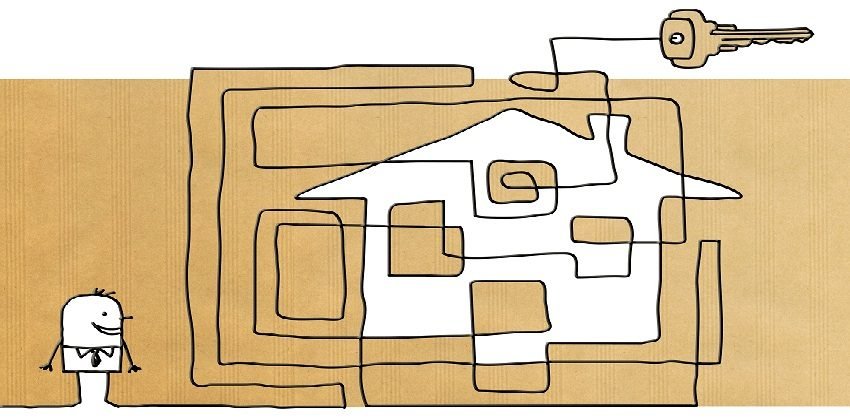
Not only has the Goods and Services Tax simplified tax structure and brought transparency and uniformity into the system, it has also led to reduction of prices in affordable and mid-income housing segments in most parts of the country.
The biggest tax reforms since Independence was introduced in the country on July 1, 2017 with the enforcement of Goods and Services Tax (GST).
A dipstick survey that asked developers whether there was any upward revision in prices, had the developers return an unanimously verdict – none!
In the luxury segment, though, prices have shown upward revision due to the new tax regime, in certain markets like the Delhi NCR.
But, as the market is not permitting developers to increase prices after tax, developers are forced to absorb the extra cost brought about by the increase in tax liability.
Price increase in luxury segment is mainly owing to rise in the net tax rates under the new regime. The incidence of service tax and VAT before the GST regime was introduced was around 5.5%. After GST came into force, taxes were revised to 12% of the purchase price of the house.
However, there is an element of input tax credit which is equal to the taxes paid on inputs like cement, steel, and other items including work contracts. But the input tax credit is not sufficient to offset the increased tax liability.
In states like Maharashtra and Karnataka, where the total tax incidence – service tax and VAT – prior to GST was already upward of 10%, GST at 12%, along with input tax
Thinkstock
credit, decreases the net tax liability!
In the NCR markets, too, in midsegment housing, the input tax credit is sufficient to offset the tax liability due to increase in the tax rates.
For projects under construction, the earlier laws of VAT and service tax will apply for invoices or demand notes raised prior to the enforcement of GST (July 1, 2017), while for invoices raised after that, the new GST law will apply, a report said.
At the same time, GST requires businesses to mandatorily pass on the benefit derived from any reduction in the rate of tax or benefit from input tax credit to customers.
The report says that in the real estate sector, the industry is groping in the dark to determine the actual benefit owing to GST, as there is little clarity on how the benefit, if any, must be computed.
The government has been very aggressive, especially with the real estate sector, to investigate businesses for non-compliance with the anti profiteering provisions.
Against this backdrop, businesses should take appropriate steps to evaluate the quantum of benefit to be passed on and the methodology for passing on such benefit, if any, to customers, the report said.
Source: TOI

